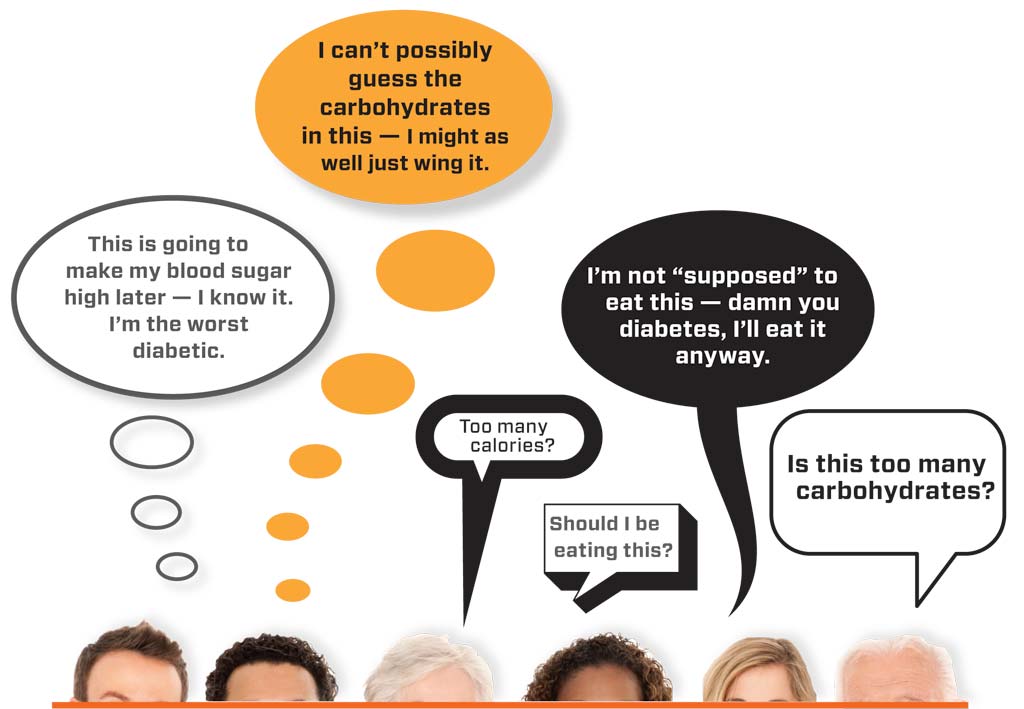Barred from Summer Fun Because of Type 1

 When Katrina DeAntoni tried to enroll her son Grant, a 10-year-old who attends St. Michael Elementary in Minnesota, in a district summer program, the signup process went as smoothly as it had in previous years. Things changed when she informed the school that Grant had been diagnosed with Type 1 diabetes in 2014 and would need a bit of supervision throughout the day.
When Katrina DeAntoni tried to enroll her son Grant, a 10-year-old who attends St. Michael Elementary in Minnesota, in a district summer program, the signup process went as smoothly as it had in previous years. Things changed when she informed the school that Grant had been diagnosed with Type 1 diabetes in 2014 and would need a bit of supervision throughout the day.
Katrina assumed this wouldn’t be a problem, considering Grant’s diabetes management was monitored by a school nurse throughout the school year. But on May 19th, Katrina was shocked to receive a rejection letter from the St. Michael-Albertville school district saying that her requests were “not a reasonable accommodation.”

“[The letter] says, ‘The nature of the student’s diabetes and its management require more than what non-medical personnel can provide to ensure his safety,’” she read aloud during a phone interview.
Yet Katrina says her requests were purely observational in nature, and not for medical care. She asked that a designated supervisor simply watch Grant as he tested his blood glucose levels, ate food (that she would provide) if he needed to treat a low, and ensure he documented everything in his logbook. She even offered to provide a list of snacks and their corresponding insulin amounts so that the supervisor didn’t have to make any calculations.
The one request that might have raised a red flag was to inject glucagon in an emergency situation, but according to Minnesota law, administering glucagon is a task that can be delegated to a non-medical professional. Furthermore, Good Samaritan statutes state that any person providing care in a medical emergency will not be held liable for any negative outcomes as long as their intent was to help.
Katrina believes the school district is violating Section 504 of the Rehabilitation Act of 1973. This section “protects the rights of individuals with disabilities in programs and activities that receive federal financial assistance from the U.S. Department of Education,” including public school districts. Katrina says Grant would never call his diabetes a disability, but says that, as an umbrella term, her son’s condition falls within that category.
Still, the superintendent’s decision remained firm. In a 7-page letter from the school district’s attorney, the school district stated that they could not provide for Grant’s medical needs because they would cause a “fundamental alteration” in the program, which hosts about 500 children, according to Katrina. One of those kids has Type 1 as well; unlike Grant, who takes insulin shots, the other student uses an insulin pump.
It turns out that this isn’t the first time that the St. Michael-Albertville school district has denied enrollment to students for similar health reasons. Katrina says that after appearing in a short feature on Fox 9 News, at least 10 parents told her that the same thing happened to their children with diabetes or other conditions. Those parents tried to fight the district’s ruling, but eventually gave up, she said.
Unwilling to yield, Katrina decided to get in contact with the American Diabetes Association, which offers free legal advocates for situations like this. She also filed a complaint through the United States Department of Education Office for Civil Rights and the Minnesota Department of Human Rights, both of which have opened investigations on the matter. More recently, she spoke in front of the school board to formally voice a grievance. The board must respond with their decision by August 10, but Katrina’s lawyer is preparing for court because she says it’s rare for a superintendent’s decision to be overturned once it’s been made.
Multiple attempts to get in contact with Dr. James Behle, Superintendent of the St. Michael-Albertville school district, for comment were unsuccessful.
In the meantime, Katrina had to sign Grant up at a private daycare center. Even though they accepted her son immediately, she says the cost to send him there is a burden.
“It’s about four to five times more expensive,” she explains, adding up the costs of the daycare and additional childcare she must use to cover the time.
Overall, Katrina says that Grant has taken his diagnosis very well, and he’s cheering his mom on to win this battle.
“[Grant] has to know through my example that discrimination is not acceptable,” she says. “I don’t feel it’s appropriate to shield him from this. He knows he’s being discriminated against and he knows his mom is fighting for him.”
Update (8/5/2015 – 7:00 am) – The St. Michael-Albertville school district superintendent has contacted Insulin Nation and has promised to comment on this article within a week.
This story has been changed to correct the spelling of the superintendent’s name and with which offices Katrina has filed complaints, as well as to clarify a quote she offered on cost.
Thanks for reading this Insulin Nation article. Want more Type 1 news? Subscribe here.
Have Type 2 diabetes or know someone who does? Try Type 2 Nation, our sister publication.







